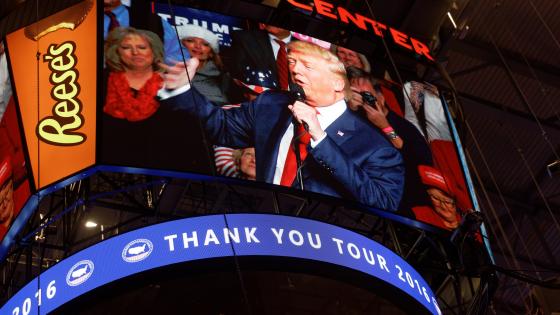DP6908 Democratic Peace and Electoral Accountability¤
One of the few stylized facts in international relations is that democracies, unlike autocracies, very rarely fight each other. We examine the sustainability of international peace between democracies and autocracies, where the crucial difference between these two political regimes is whether or not policymakers are subject to periodic elections. We show that the fear of losing office can deter democratic leaders from engaging in military conflicts. Crucially, this discipline effect can only be at work if incumbent leaders can be re-elected, implying that democracies in which the executives are subject to term limits should be more conflict prone. To assess the validity of our predictions, we construct a large dataset on countries with executive term limits. Our analysis of inter-state conflicts for the 1816-2001 period suggests that electoral incentives are indeed behind the democratic peace phenomenon: while democratic dyads are in general less likely to be involved in conflicts than any other dyads, this result does not hold for democracies in which the executive faces binding term limits; moreover, the dispute patterns of democracies with term limits depend on whether the executive is in the last or penultimate mandate.

